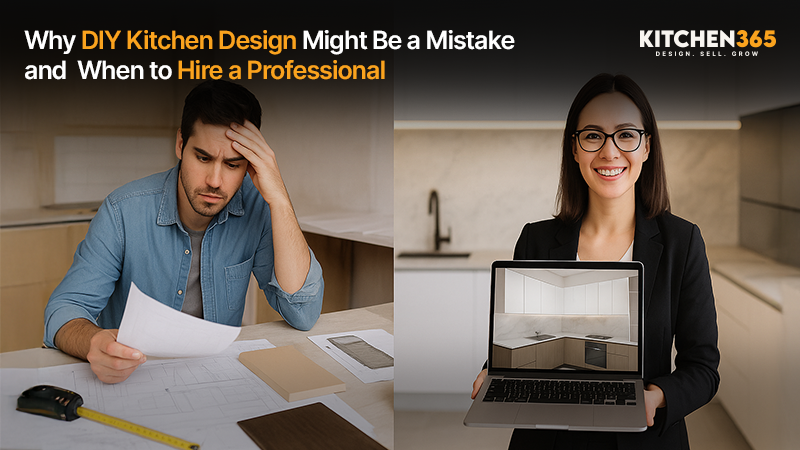

20 Aug Why DIY Kitchen Design Might Be a Mistake & When to Hire a Pro
Why DIY Kitchen Design Might Be a Mistake & When to Hire a Pro
As a business owner, you know the importance of making wise investments. For a new commercial kitchen, it's tempting to think you can handle the design yourself.
After all, you know your business best, right? While a do-it-yourself approach might seem like a way to lower costs, it can often lead to expensive mistakes and a less-than-optimal workspace.
At Kitchen365, we believe in empowering our clients with the correct information to make the best decisions for their business. Here's a look at why DIY kitchen design can be a mistake and when it's time to bring in the pros.
The Allure of DIY: What Seems Like a Good Idea
On the surface, designing your kitchen seems logical. You have a vision, you've seen other kitchens, and you have a budget. The internet is full of tools and inspiration, from Pinterest boards to free online layout planners. In fact, DIY kitchen remodeling accounts for about 55% home renovations in the United States.
It's easy to get caught up in the excitement of creating your ideal space. However, what these tools don't account for are the complexities and regulations that are unique to a commercial kitchen.
The Hidden Costs and Pitfalls of DIY
A well-designed kitchen is more than just a collection of equipment. It's a complex system that impacts everything from workflow and efficiency to safety and compliance. Roughly 88% of homeowners exceed their renovation budget, and a whopping 66% go into debt because of unforeseen costs. Here's what can go wrong when you go it alone.
Inefficient Workflow
A kitchen is a finely tuned machine. If the layout is not optimized for your specific menu and operational flow, you'll create bottlenecks. This can lead to slower service, frustrated staff, and a less productive team. A professional designer considers the logical movement of food and people, from receiving and storage to preparation, cooking, and plating.
Code and Compliance Issues
Commercial kitchens are subject to rigid health and safety regulations. These codes govern everything from ventilation and fire suppression to plumbing, electrical wiring, and the types of materials you can use. A mistake in this area can lead to failed inspections, fines, and costly rework, potentially delaying your opening.
Equipment Mismatches
Selecting the right equipment is crucial, but it's not as simple as picking the newest model. You need to consider:
- Capacity
- Energy consumption
- How each piece of equipment fits into the workflow
A professional designer understands these nuances and can help you pick the right tools that will scale with your business and operate seamlessly together.
Budget Overruns
While DIY saves money, a lack of experience can lead to costly mistakes.
You’ll quickly see your budget deplete if you:
- Underestimate material costs
- Don’t account for install complexities
- Fail to meet code regulations
Safety Hazards
A poorly designed kitchen can be a dangerous place. Tripping hazards, insufficient ventilation, and improper placement of hot equipment are just a few examples of safety risks that can be overlooked in a DIY design. A professional's expertise in ergonomics and safety protocols is invaluable.
Kitchen365’s Own Alexis Crowe's Renovation Journey
Based on real experiences, large-scale DIYs can quickly become overwhelming, both physically and financially.
DIY projects are often extremely time-consuming. Between learning the techniques, figuring out the right tools, and coordinating with others for help, the process can drag on much longer than expected. It's also hard on the body. Lifting, measuring, cutting, and installing things like cabinets or tile can take a real toll.
Unexpected Costs, Big Learning Curves, and More
The costs add up, too. Not only are you purchasing materials, but you’re also on the hook for tools you may never use again. Then there's the learning curve; you can't just wing it with tile work or drywall and expect perfect results. You’ll likely need to study tutorials, read guides, and even troubleshoot mistakes as you go.
Another hurdle? You often can’t do it all alone. Larger projects require multiple sets of hands, and coordinating help can cause significant delays and stress. When time is limited and you're juggling other responsibilities, that stress only compounds.
When to Bring in a Professional Kitchen Designer
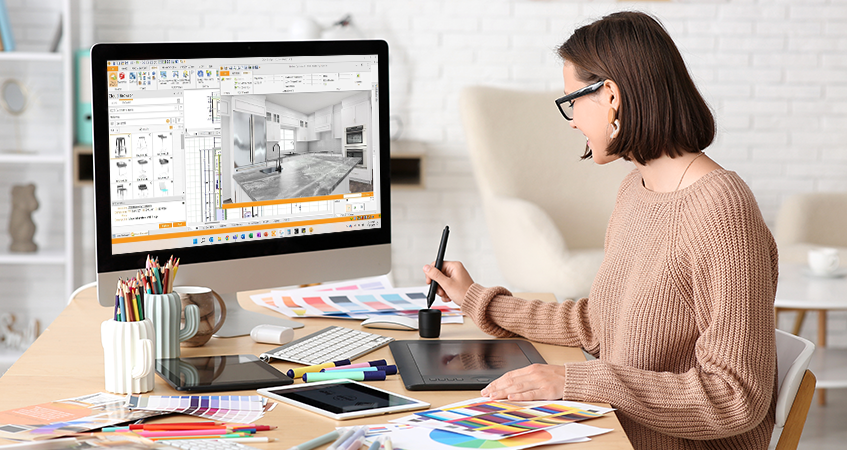

When is it time to put down the graph paper and call in a pro? The answer is almost always. A professional kitchen designer is a specialist with deep knowledge of:
- Commercial kitchen operations
- Equipment
- Regulations
They are problem-solvers who can create a space that is not only beautiful but also highly functional, safe, and compliant. In 50% of kitchen remodels specifically, 2025 homeowners relied on or plan on hiring a professional or general contractor. Let’s explore what a professional brings to the table!
Optimized Layouts
They can design a layout that:
- Maximizes efficiency
- Minimizes waste
- Creates a seamless workflow
Budgeting and Planning
A professional can work with you to create a realistic budget, source the right equipment at the best prices, and manage the project, preventing costly surprises.
Project Management
They can coordinate with contractors, architects, and suppliers, ensuring that every part of the project is executed correctly and on schedule.
Future-Proofing Your Kitchen
A professional kitchen designer will craft a layout that can grow with your business. This allows for:
- Easy expansion
- Adaptability
When to Tackle DIYs or Hire a Pro: Advice from a Kitchen Design Coordinator
Small to intermediate projects like painting a wall, swapping out a faucet, or updating hardware are great ways to personalize your space without overwhelming yourself.
Trust the Professionals with the Larger Tasks
But for the big stuff, cabinet installations, tilework, drywall, or anything structural, it's usually best to hire a pro. Not only will it save time and frustration, but you’ll also get a higher-quality, longer-lasting result. Sometimes, peace of mind is worth the investment.
Key Takeaways
Your commercial kitchen is the heart of your business. It's where the magic happens, and it's a significant investment. While the DIY path might seem appealing, the risks and potential for costly mistakes far outweigh the perceived savings.
By partnering with a company like Kitchen365, you're not just buying a layout; you're investing in a solution that will advance your operations, ensure safety and compliance, and set your business up for long-term success.
Ready to build a kitchen that works as hard as you do? Contact us today or schedule a consultation with one of our expert designers.
- DIY can yield substantial savings and ROI, especially for minor cosmetic updates, but it comes with higher risk of budget overruns and dissatisfaction.
- Professional services cost more upfront but tend to provide better quality, smoother execution, and stronger long-term value retention.
Would you like help estimating costs or choosing which tasks to DIY vs. hiring help for your kitchen project?
Frequently Asked Questions
Why is a DIY commercial kitchen design risky?
Designing your kitchen is a good way to save money. However, it often leads to costly mistakes. Without a professional’s expertise, you risk creating an inefficient workflow, failing to meet strict health and safety codes, and making poor equipment choices. These errors can lead to expensive rework, project delays, and even safety hazards.
What are the main benefits of hiring a professional kitchen designer?
A professional kitchen designer brings an abundance of knowledge and experience to your project. They specialize in creating optimized layouts that enhance workflow and efficiency, ensuring your staff can operate smoothly. They also have a deep understanding of commercial regulations and codes, which helps you avoid costly compliance issues.
Will a professional designer understand my specific business needs?
Yes. Professional kitchen designers are problem-solvers who work closely with you to understand your specific menu, business model, and operational flow. They don’t just create a generic layout; they design a customized space that is tailored to your unique needs.
How does a professional designer help with budget management?
A pro designer can help you set a realistic budget from the start by accounting for all potential costs, including materials, equipment, and installation. They often have relationships with suppliers and can help you source high-quality equipment at the best prices.
What regulations do I need to worry about in a commercial kitchen?
Commercial kitchens are subject to a wide range of regulations that govern everything from ventilation and fire suppression to plumbing, electrical wiring, and the specific materials you can use. Not meeting these codes can result in failed inspections, fines, and significant rework.

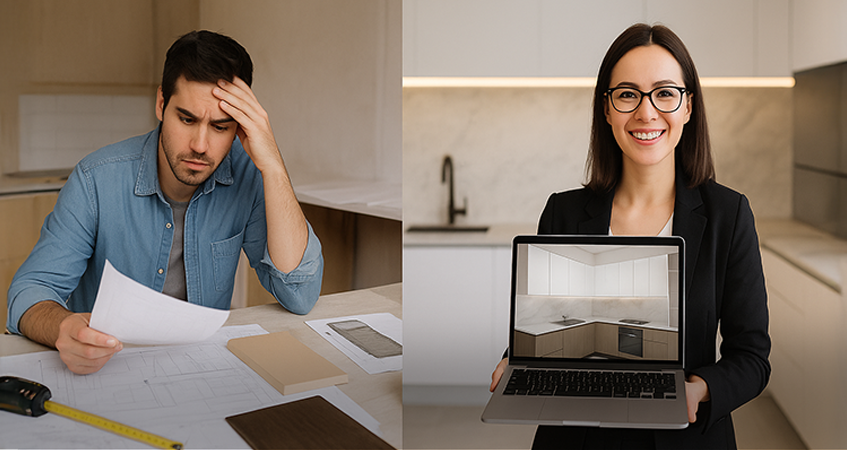
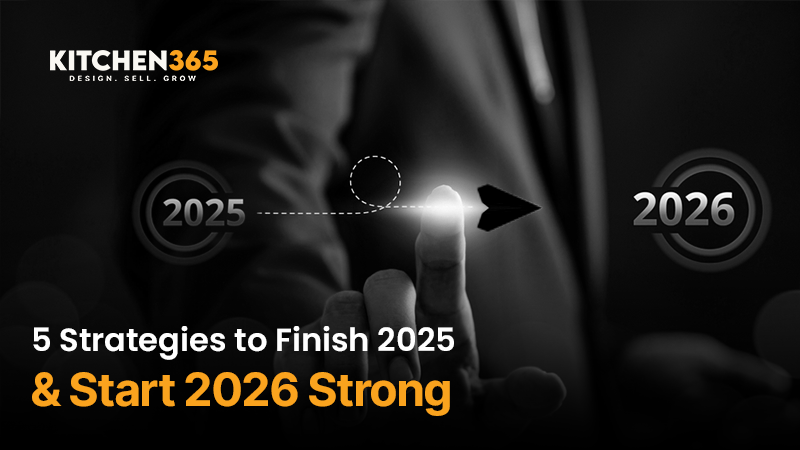
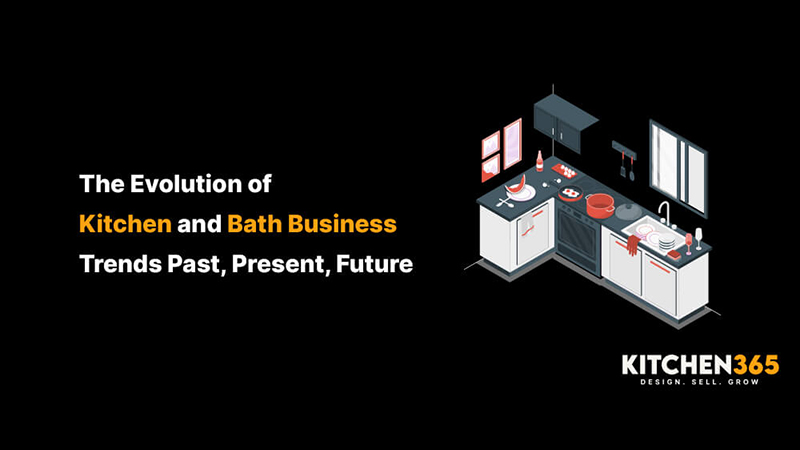
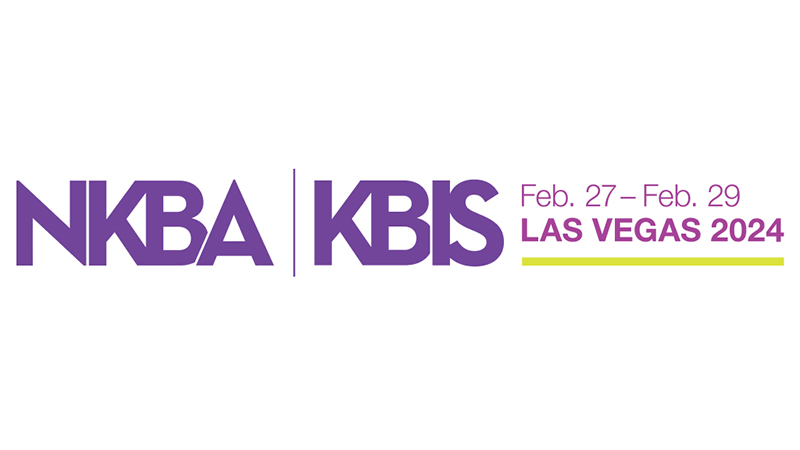

Sorry, the comment form is closed at this time.